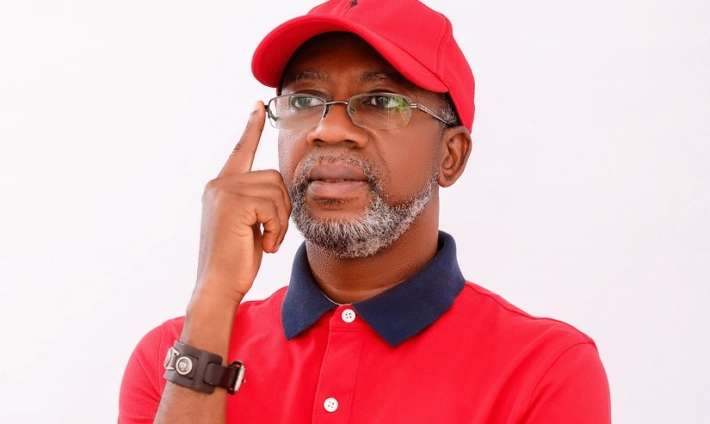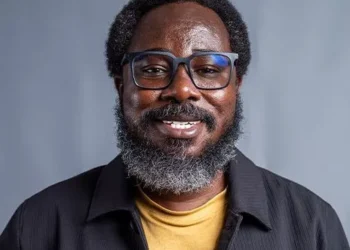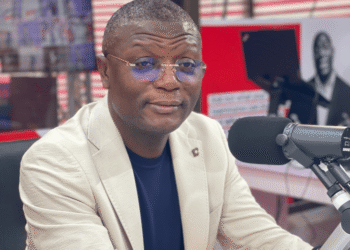In the rich tapestry of African music, few genres have had as profound an impact as Highlife.
Originating in Ghana in the early 20th century, Highlife is characterized by its fusion of traditional African rhythms and Western musical elements.
However, in recent years, the rise of Afrobeats—a genre that has taken the world by storm—has led to discussions about the fate of the genre.
Some argue that the genre is fading into obscurity, while others assert that it has simply evolved into a new form.
Veteran musician and presidential staffer, Rex Omar, has asserted that Highlife music is far from dead.
He argued that many of the genres songs are simply being rebranded as Afrobeats because Ghanaians have failed to properly document and promote their musical heritage.
“Highlife music can never die. I’m sure that by the close of this year, I think the UN is making Highlife a heritage genre. It falls on Ghanaians to delve into what Highlife actually is and then put emphasis on it. So, Highlife music cannot die.”
Rex Omar
According to Rex Omar, many popular songs classified as Afrobeats are, in fact, Highlife compositions.
“It is sad because we have not been intentional about it, people will play Highlife and then give it a different name. But these are some of the reasons why the Black Star Experience is there; we are going to reclaim our identity.”
Rex Omar

Highlife emerged during a time of significant social and cultural change in Ghana. It was a genre that spoke to the aspirations of the urban elite, blending traditional Akan melodies with Western instruments and harmonies.
The genre quickly became a staple of Ghanaian social life, with artists like E.T. Mensah and Osibisa paving the way for future generations. However, as the world became more interconnected, the genre began to evolve.
The introduction of new technologies, musical influences, and global trends led to the birth of Afrobeats—a genre that retains the essence of Highlife while incorporating a broader range of influences, including hip-hop, dancehall, and electronic music.
Afrobeats, which gained significant popularity in the 2010s, is seen as a rebranding of Highlife rather than a complete departure from it.
Artists such as Burna Boy, Wizkid, and Davido have drawn heavily from the the genre tradition, infusing their music with its distinctive rhythms and melodies.
The infectious beats and celebratory themes of Afrobeats echo the spirit of Highlife, making it a modern extension of the genre. This rebranding is not merely a matter of musical style; it represents a cultural renaissance that honors the past while embracing contemporary influences.
Globalization and Future of Highlife

The globalization of music has played a crucial role in the rebranding of Highlife as Afrobeats. With the advent of digital platforms, African music has reached global audiences like never before.
This exposure has allowed the genre’s influence to spread beyond Ghana, inspiring artists across the continent and the diaspora.
The fusion of Highlife with other global genres has led to a rich, diverse musical landscape that continues to evolve. As Afrobeats gains traction worldwide, it simultaneously revitalizes interest in Highlife, ensuring that its legacy endures.
Highlife is far from dead; it has merely undergone a transformation, emerging as Afrobeats—a genre that encapsulates the vibrancy and dynamism of contemporary African music.
The rebranding of the genre as Afrobeats highlights the genre’s adaptability and its ability to resonate with new generations. As the rise of Afrobeats is celebrated, individuals must also acknowledge and preserve the roots of Highlife, ensuring that its rich history continues to inspire and influence future artists.
Highlife have evolved, but its spirit lives on, proving that great music never dies; it simply reinvents itself.
READ ALSO: Awuku Labels Mahama’s Administration A ‘Government of Settings’



















